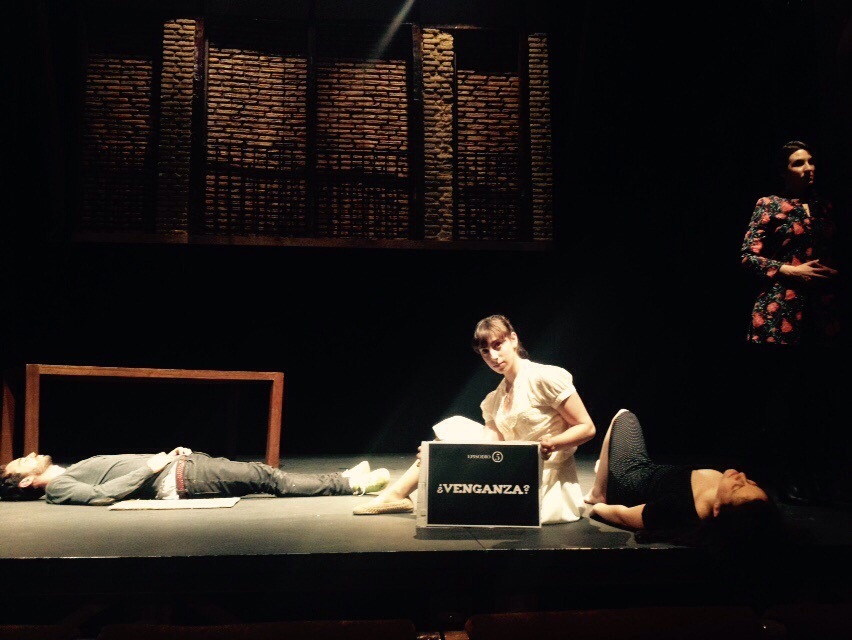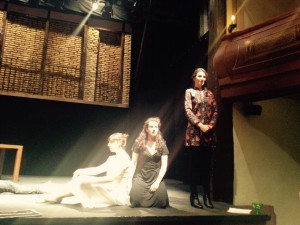
01/06/2015, by CLAS
Theatre Practice Vs. Academic Research
The relationship between theatre practitioners and academics has long been fraught, each camp viewing the other with equal suspicion and ensuring that the other is kept well at arm’s length. That’s why when a suitable opportunity arises to bridge this gap, either as a practitioner or in the world of academia, I leap on it.
This is not to say that opportunities arise often or easily. This is a story that begins in Madrid in 2008 where I assisted on a production of El burlador de Sevilla directed by Dan Jemmett at the Teatro de la Abadía. This experience formed the backbone of roughly half of my doctoral thesis published in 2014 by Tamesis. In a nutshell, I was hoping to prove that two theatre companies, Els Joglars and Teatro de la Abadía, had devised a rehearsal process that is as valid an artistic entity as the performances themselves.
I thought the story was, by this stage, more or less over. However, a couple of weeks ago I received an e-mail from a Spanish theatre company in London, Burning Theatre, who were using my published research on the rehearsal process of El burlador de Sevilla to build their own rehearsal methodology for their more radical adaptation of the play: Burladas. I joined them in London for a couple of days, arriving mid-way through an exercise that I had described in my research and which Dan Jemmett had used seven years previously to allow the actors to silently explore several of the spaces that are key to the action of the play (a church, a gallery, a graveyard), transplanted from locations around Madrid and adapted to the Wimbledon area. The essence remained, to force the actors into a non-verbal unity and to connect with atmospheres pertinent to the company’s interpretation of the play.
The company were one of four companies invited to take part in a theatre laboratory (La Incubadora) run by the Corral de Comedias de Alcalá de Henares, a space coincidentally run by the Abadía. I hope to continue to help Burning Theatre develop their performance and build their rehearsal methodology as they devise the show for performances both in the UK and Spain. It seems a suitable opportunity to prove that the academic analysis of rehearsal process can and does have a direct impact on the way theatre practitioners work and that the cross-feeding of the two disciplines is fertile ground for new theatre and new research.
No comments yet, fill out a comment to be the first


Leave a Reply